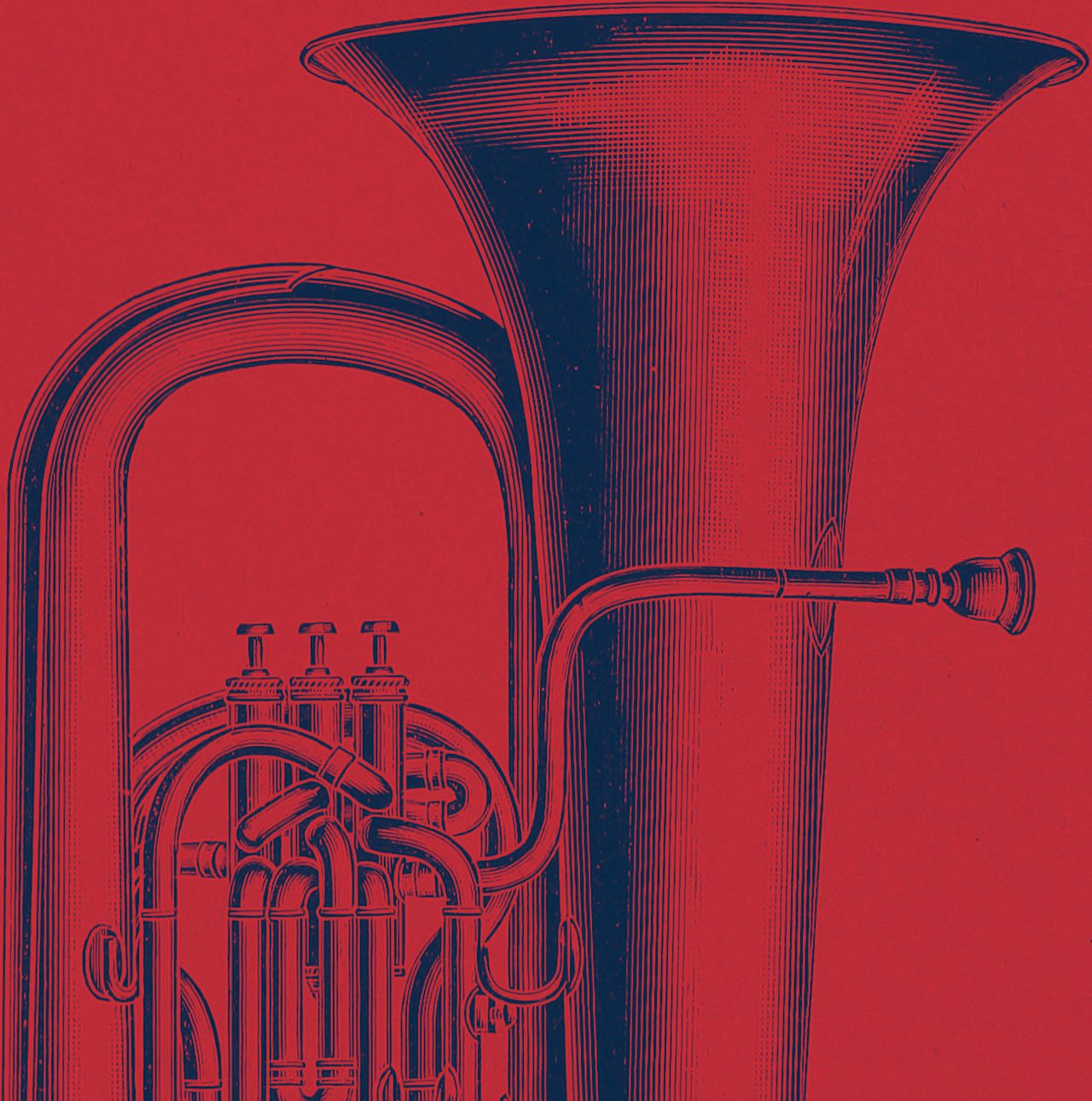There’s an uncomfortable genre of bootleg classical music recordings floating around the internet. They’re big, public bloopers by professional musicians. Usually, it’s a famous orchestra, and the mistake is a solo instrument missing an entrance, or undershooting a high note, or playing in the wrong key.
Most of the time, the person who posted the recording knows which prestigious ensemble it was and exactly which player made the mistake, but they usually won’t include that information, in order to protect the player.
The uploader of this one wrote in the description, “It's my first video on YouTube, but... I cannot say WHICH renowned orchestra was this one!”
Commenters seem to know which performance this was, though. It’s a 1999 performance of Ravel’s Boléro in Madrid, Spain. The Associated Press reported:
Grumbling among the 2,000 people packing the National Auditorium began Tuesday night when the sounds of the oboe, a principal instrument of the piece by French composer Maurice Ravel, went astray. But when the horn and trombone followed suit, the audience shouted "off, off!" as director Lorin Maazel wrapped up the performance, the daily El Pais newspaper reported yesterday.
To me, the best (or maybe the most painful ones) tend to be brass mistakes. That trombone solo from Boléro is very uncomfortable to listen to. And when a trumpet cracks a note, you can just feel it, almost like it’s happening on your own lips.
But perhaps the most striking orchestral mistake is the French horn flub. Like this one, from a performance of Shostakovich’s 5th Symphony.
It’s broken into two halves. There’s a successful shot at this solo. And then, there’s a… not-so-successful attempt. The French horn can be this majestic, beautiful, soaring instrument, and that makes it so much more funny when something like this happens.
But the most upvoted comment under that clip says, “All you armchair critics — ever tried playing this? It's hugely difficult — big range, gets pretty high on the register, pretty quiet so you can't just blast it out there. On any given day the second recording can happen to any of us. I really feel for the player, but he/she recovered it pretty well.”
And that commenter is right! Mistakes are a part of every musician’s life. But something about the French horn kind of sets it apart.
“When we make very small mistakes, it’s louder than when other instruments make very small mistakes,” says Colin Wayman, a professional French horn player. And while he agrees that French horn mistakes can be louder, he thinks the instrument gets a bad reputation. “I think it discourages kids from wanting to play the instrument because that’s the one that sounds bad when you mess up, and everyone’s going to know if you make a mistake. And it sounds kind of gnarly when you do.”
That���s where some of the humor of these mistakes comes from: They’re just loud. Colin explained to me that in the age of perfect recordings, where engineers go in and remove every single missed articulation or wavering pitch, the tolerance for mistakes seems to be pretty low.
“We have images of classical music as ‘oh, there’s such a high level of artistry and people doing all these things’ and then you say, ‘yeah, and that instrument has a hard time playing the right note,’ it’s hard not to sound disparaging.
“I think that some people expect that if you’re in whatever your favorite big orchestra is … you’re perfect and you don’t miss notes. Even at the highest levels, everyone is human, everyone has a bad night.”
That’s what I love about these recordings. They’re somewhat rare, and in many cases they’re posted anonymously. They’re sort of mysterious. But hearing a little crack in the facade every now and then, for me, makes music more approachable, and a little more human. And I hope that instead of discouraging kids from picking up a horn because it’s so easy to mess up, these mistakes can be an invitation, reminding beginners that even the pros can stumble.

